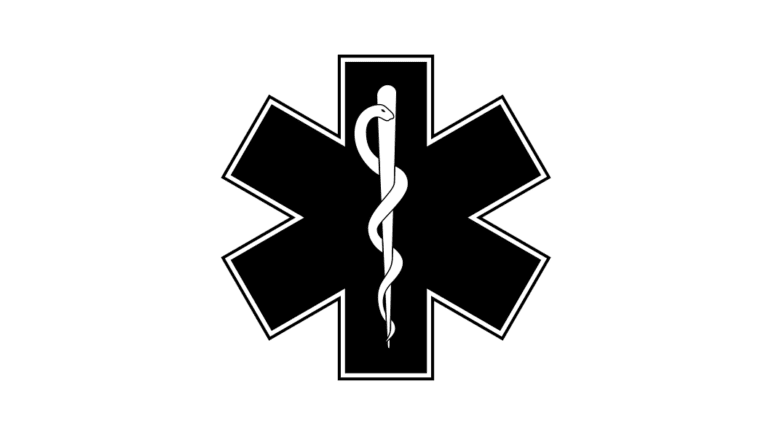This podcast was produced by Kaiser Health News, republished with permission.
Can’t see the audio player? Click here to listen on Acast. You can also listen on Spotify, Apple Podcasts, Stitcher, Pocket Casts or wherever you listen to podcasts.
The federal government finally addressed the infant formula shortage, as a growing number of families found themselves without anything to feed their babies. But it will likely take weeks for any effects of the federal action to be felt, while infants must be fed daily.
Meanwhile, a third of the nation is experiencing covid-19 activity that justifies expanding preventive measures, but public health and elected officials appear loath to ask the public to return to anything that might be deemed inconvenient.
This week’s panelists are Julie Rovner of KHN, Alice Miranda Ollstein of Politico, Tami Luhby of CNN, and Rachel Cohrs of Stat.
Among the takeaways from this week’s episode:
- Thousands of parents around the country are reeling as they face a dire shortage of infant formula, and the administration is trying to find workarounds to restore supplies. Even before formula maker Abbott closed a key manufacturing plant in Michigan in February, distribution problems and shortages had been seen in parts of the country. Manufacturing is highly concentrated among a small number of companies.
- Still, only in recent weeks did the administration or Congress take high-profile steps to help families feed their babies. That slow response has brought searing criticism. But, at least on Capitol Hill, the hesitation to react may reflect a demographic that is older, male, well-off, and not likely affected closely by the shortages.
- Covid cases and hospitalizations are on the rise, and some officials are warning that the public needs to return to masking and testing to stay safe. However, a return to mandates does not appear likely despite assurances from public health authorities months ago that if new surges threatened the country, requirements would be reinstituted.
- Despite widespread suspicions that the Biden administration might announce this month that the public health emergency will end in July, no end date has been given. Officials have pledged they will provide a 60-day notice before ending the emergency to allow states to prepare. Some analysts suggest the emergency may continue after the midterm elections and not end until the year is over.
- One of the biggest impacts of a continuing public health emergency is that states receive additional federal Medicaid funds and cannot push any enrollees off the health insurance program for low-income people. Enrollment has swelled during the pandemic, raising state costs for their share of the program. Some conservative states are considering whether they would be better off paring their Medicaid rolls and forsaking those pandemic relief funds from the federal government.
- As the country awaits a final abortion decision from the Supreme Court, abortion-rights groups are looking at possible strategies if the justices overturn the 49-year Roe v. Wade decision that guaranteed access to abortion across the country. They are looking at states that may have protections in their individual constitutions, using arguments in court that limiting abortion impinges on some groups’ religious freedoms, and boosting the number of health care professionals who can provide early abortions.
Plus, for extra credit, the panelists recommend their favorite health policy stories of the week they think you should read, too:
Julie Rovner: Fortune and KHN’s “The Frequently Long Waits for Insurance Prior Approvals Frustrate Doctors and Patients Needing Treatment,” by Michelle Andrews
Alice Miranda Ollstein: JAMA Health Forum’s “The Costs of Long COVID,” by David Cutler
Rachel Cohrs: ProPublica’s “The COVID Testing Company That Missed 96% of Cases,” by Anjeanette Damon
Tami Luhby: KHN’s “States Have Yet to Spend Hundreds of Millions of Federal Dollars to Tackle Covid Health Disparities,” by Phil Galewitz, Lauren Weber, and Sam Whitehead
Also discussed on this week’s podcast:
The New York Times’ “Amid a Worsening Formula Shortage, Mothers Are Asked: ‘Why Not Breastfeed?’” by Catherine Pearson
CNN’s “These Families Buy About Half of Infant Formula Nationwide. Here’s How the Biden Administration Is Trying to Help Them,” by Tami Luhby
Politico’s “What Abortion Rights Advocates Are Planning if Roe Falls,” by Alice Miranda Ollstein and Laura Barrón-López
Politico’s “Blue States Expand Who Can Provide Abortions as They Brace for a Flood of Patients,” by Alice Miranda Ollstein and Megan Messerly
The Atlantic’s “What COVID Hospitalization Numbers Are Missing,” by Ed Yong
To hear all our podcasts, click here.
And subscribe to KHN’s What the Health? on Spotify, Apple Podcasts, Stitcher, Pocket Casts, or wherever you listen to podcasts.
KHN (Kaiser Health News) is a national newsroom that produces in-depth journalism about health issues. Together with Policy Analysis and Polling, KHN is one of the three major operating programs at KFF (Kaiser Family Foundation). KFF is an endowed nonprofit organization providing information on health issues to the nation.
USE OUR CONTENT
This story can be republished for free (details).
KHN (Kaiser Health News) is a national newsroom that produces in-depth journalism about health issues. Together with Policy Analysis and Polling, KHN is one of the three major operating programs at KFF (Kaiser Family Foundation). KFF is an endowed nonprofit organization providing information on health issues to the nation.
Subscribe to KHN’s free Morning Briefing.

